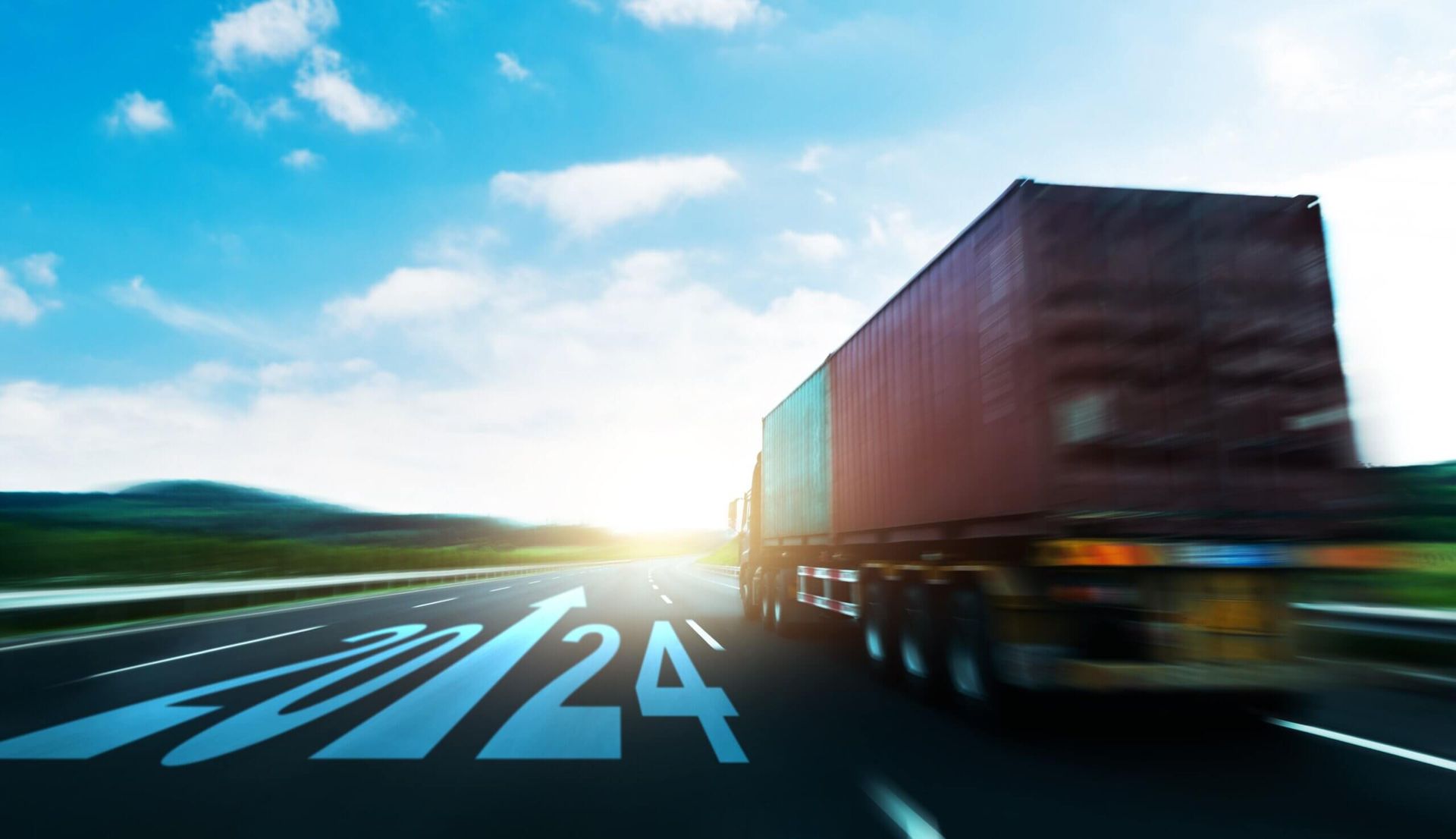Blog Layout
Understanding the Different Trucking Coverages
Mar 29, 2024
Adapting to Change: Navigating New Regulations in the Trucking Industry

Regulations within the trucking industry are ever-evolving, reflecting the sector's dynamic nature and its critical role in society. As we approach 2024, a fresh wave of regulatory changes is on the horizon, bringing with it a mix of challenges and opportunities. From adjustments in hours of service to stricter emission standards and the adoption of electronic logging devices, these regulations aim to enhance both safety and environmental stewardship within the industry.
Adapting to these changes requires a concerted effort from truckers and companies alike. The introduction of new rules might necessitate alterations in operational schedules, alongside investments in technology to ensure compliance. While the road to adaptation may seem daunting, the benefits of these regulations are clear. They promise not only to improve safety on our roads but also to encourage a shift towards more sustainable practices within the industry.
Staying ahead of these changes is crucial for the industry. It means not just reacting to new regulations but actively preparing for them. This proactive approach can help mitigate the potential hurdles, ensuring that businesses remain competitive and compliant. It's a matter of not just surviving but thriving in an evolving regulatory landscape.
The industry's response to these upcoming regulations has been varied, with opinions divided on the cost and feasibility of compliance.
However, the underlying consensus is that these changes are not just necessary but beneficial for the future of trucking. They represent an opportunity to advance the industry, making it safer and more sustainable for generations to come.
The role of technology in navigating these regulatory changes cannot be overstated. Innovative solutions, such as advanced fleet management systems and automated compliance tools, are becoming indispensable for truckers and companies aiming to stay ahead of the curve.
These technologies not only streamline the process of adhering to new regulations but also offer efficiencies that can significantly offset the costs of compliance. For instance, telematics can provide real-time data on vehicle performance and driver behavior, enabling companies to optimize fuel consumption, reduce emissions, and improve safety measures. As the industry adapts to new regulations, embracing these technological advancements will be key to minimizing disruption and maximizing operational effectiveness.
Furthermore, education and training play a crucial role in ensuring a smooth transition to the new regulatory environment. Trucking companies and industry associations are ramping up efforts to keep drivers and management informed about the changes and what they mean for day-to-day operations. Workshops, webinars, and online courses are just a few of the resources being deployed to disseminate information and best practices. This focus on education not only helps in achieving compliance but also empowers truckers and companies to leverage regulatory changes as an opportunity for growth and innovation. As the trucking industry continues to evolve, those who invest in knowledge and skills will be best positioned to navigate the challenges and capitalize on the opportunities that lie ahead.

Site Links
Home
About
Truck Insurance Products
Coverages
Service Locations
Contact Us
